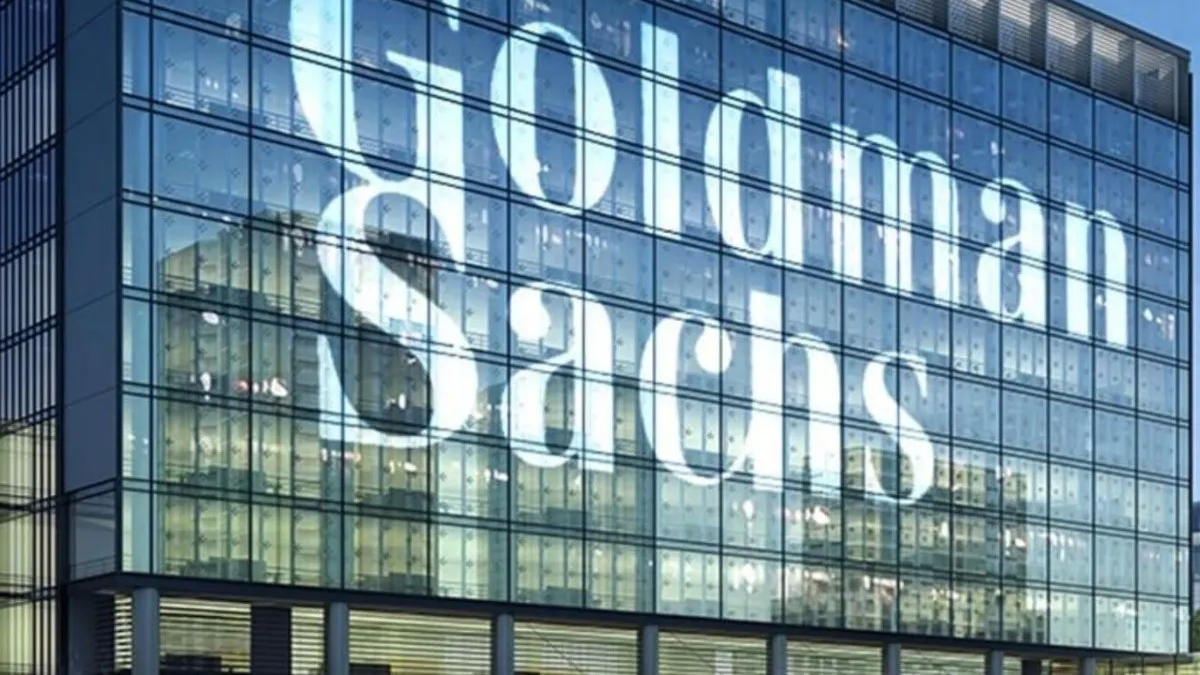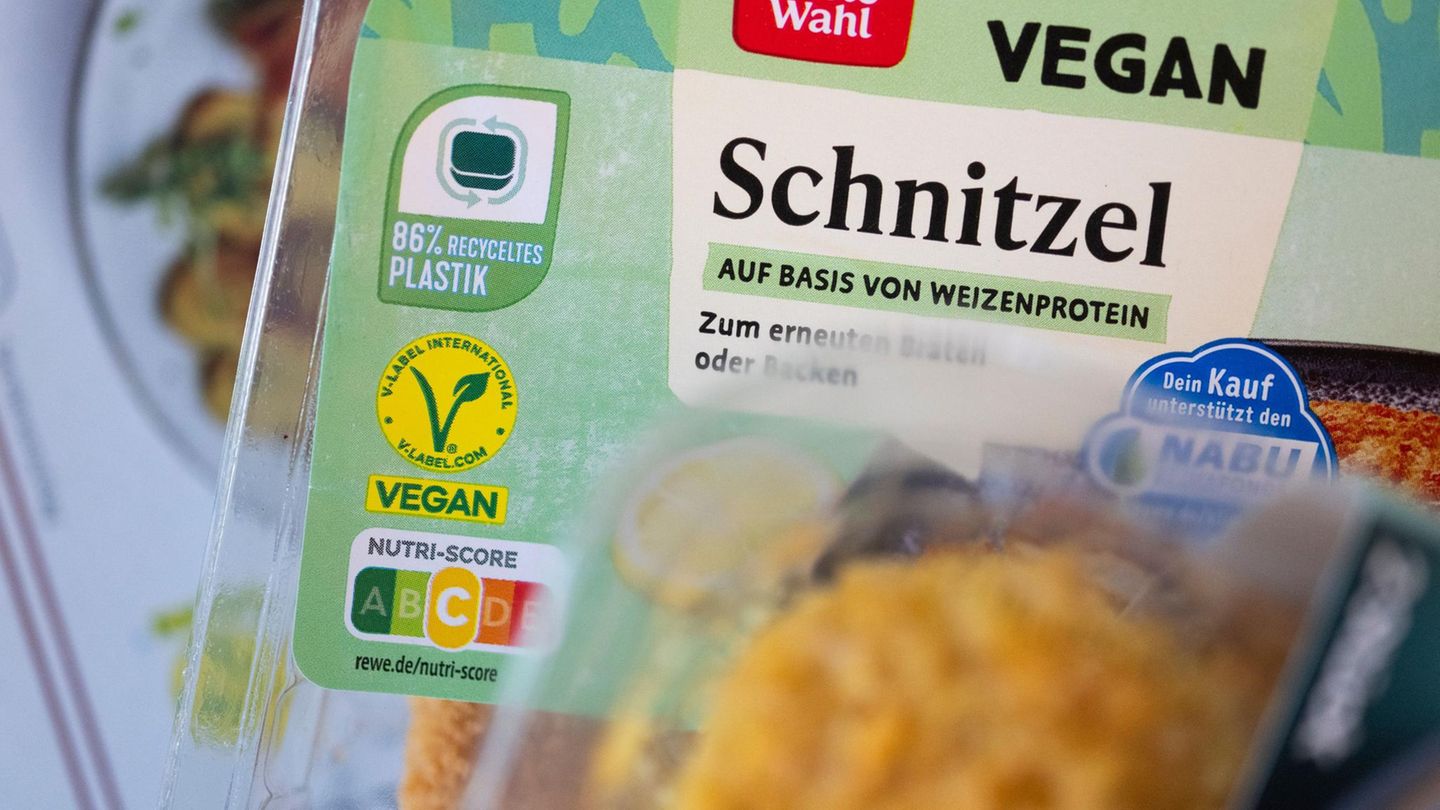As detailed in an analysis, they calculate that the United Kingdom grew 5% less in the last eight years than other comparable countries. Although they believe that the real hit could range between 4% and 8% of the Gross Domestic Product (GDP).
United Kingdom: why is it not growing?
At Goldman Sachs they point to three key factors: reduced trade, weaker business investment and labor shortages as a result of lower immigration from the EU.
As for the trade of goods, Since the Brexit vote, the United Kingdom has had a underperforming other advanced economies by approximately 15%. For its part, business investment has fallen “notably below” pre-referendum levels.
Meanwhile, regarding the immigrationpoint out that “the post-Brexit change in flows has reduced the elasticity of labor supply in the United Kingdom, contributing to the increase in post-pandemic inflation and pointing to more cyclical inflation and labor market pressures in the future.”
United Kingdom.jpg
In the United Kingdom the cost of living increased mainly due to the increase in food prices
Inflation in the United Kingdom
The year-on-year inflation rate in the United Kingdom stood at 4% last January, in line with the price increase in December 2023, according to data published by the Office for National Statistics (ONS).
Thus, The UK inflation rate started 2024 substantially higher of the rise in prices in other of the largest world economies, after the eurozone started the year at 2.8% and in the United States at 3.1%.
“The largest upward contribution to the monthly variation in annual CPI rates came from housing and domestic services (mainly higher gas and electricity charges), while the largest downward contribution came from furniture and household goods, and of food and non-alcoholic beverages,” explained the United Kingdom’s statistical office.
lrising cost of living in the United Kingdom was mainly driven by the increase in the cost of 6.9% of food and non-alcoholic beverages, compared to 8% in December, while tobacco and alcohol rose 12.4%, half a percentage point less than the previous month. Thus, after discounting the impact of energy and fresh food, the core inflation rate remained unchanged at 5.1%. In monthly terms, UK inflation decreased by 0.6%, after the rise of 0.4% in December 2023.
Source: Ambito
I am a 24-year-old writer and journalist who has been working in the news industry for the past two years. I write primarily about market news, so if you’re looking for insights into what’s going on in the stock market or economic indicators, you’ve come to the right place. I also dabble in writing articles on lifestyle trends and pop culture news.




